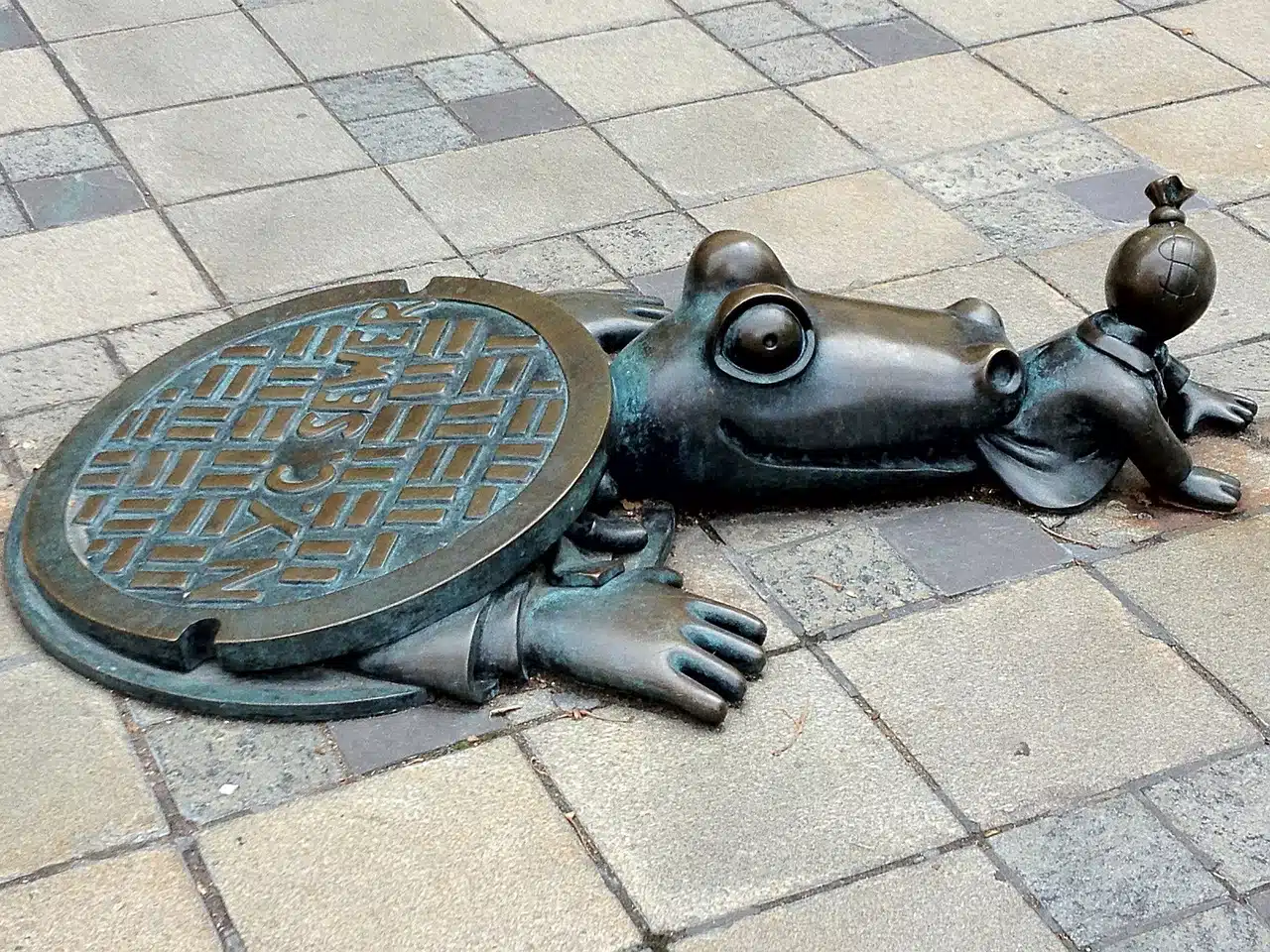
Myths are part of the tradition of a people.
A myth is a story of wonderful events whose protagonists are supernatural characters (gods, monsters) or extraordinary characters ( heroes ). Its etymological origin comes from the Greek mythos ( " story " ).
It is said that myths are part of the religious system of a culture , which considers them as true stories. They have the goal of providing narrative support for the core beliefs of a community.
Functions of a myth
This takes us to the functions of myth in society , within the framework of a culture, since they are not arbitrary or spontaneous stories. In short, we can say that it has three vital functions: an explanatory one, a meaning one and a pragmatic one . The first refers to the fact that the myth serves to explain, develop or justify the emergence, cause and reason for being of various aspects of society or the lives of individuals, as occurs with the Greek myth that tells the origin of the world or the book of Genesis of the Bible .
On the other hand we have the pragmatic function, because the myth is the foundation of some actions and social structures in that it has sufficient force to establish who has the right to govern. Put another way, you can specify and justify the reasons why a particular situation is one way and not another.
Third is its meaning function. The myth is not simply a story that attempts to explain or justify political issues, but it can offer the inner peace that people need at certain times, that consolation that helps them get up and continue when they have had to face death, pain from the loss of a loved one or personal defeat. The myth is close to those who receive it to give meaning to their life , combining the three functions just mentioned.

Roman mythology, Celtic mythology, and Norse mythology include myths that transcended eras and borders.
Its diffusion
The dissemination of myths can take place through different media or formats. A popular tale , a legend , a parable or a fable can serve to make a mythological story known.
These narratives are useful for propagating foundational or other myths . In them a moral can be transmitted or another type of teaching can be carried out based on the interpretation of the content.
Beyond the fantasy present in the stories, through symbolism values are disclosed that can be understood and applied in practice. For this reason, and because of their mode of presentation, myths have an impact on reality.
Myth and psychology
Psychology has analyzed the functioning of myths and their effects on people's way of thinking and acting. Carl Gustav Jung, for example, alluded to the existence of universal symbols (such as the wise old man or the great mother) present in myths that function as archetypes and shape the collective unconscious of a community .
The anthropologist Joseph Campbell , for his part, explained in his book "The Hero with a Thousand Faces" the idea of the monomyth or the hero's journey : a pattern that serves as a model in mythological and epic stories. In its most extended version, the hero's journey or journey consists of seventeen stages from the moment the protagonist receives the call to leave for the unknown until he returns home, transformed and triumphant.
For Campbell , one of the functions of myth is to act as a guide for human beings. Individuals, at different times in their existence, must face psychological challenges. The myth, in this context, proposes a framework for action to grow and move forward.

Urban myths make up contemporary folklore.
Lévi-Strauss's analysis
The anthropologist Claude Lévi-Strauss adds that every myth meets three attributes: it deals with an existential question , it is made up of irreconcilable opposites and it provides the reconciliation of these poles to put an end to anguish.
In its origin, the myth is an oral story . Over time, its details vary according to the transmission of knowledge from generation to generation. Once societies developed writing, the myth was reworked in literary form , extending its versions and variants.
Types of myth
Scholars have distinguished different kinds of myths, such as cosmogonic (which attempt to explain the creation of the world ), theogonic (refer to the origin of the gods), anthropogonic (about the appearance of human beings) and foundational (birth of cities), among others.
The myth of cosmogony is a story that seeks to offer an answer to the mystery of the origin of the universe and our species. Theogonic, on the other hand, focuses on the cosmos and the gods of Greek mythology. The anthropogonic myth also has a religious approach to our origin, since it contemplates that we have been created by a superior being. The foundation myth is also known as founder and pursues an explanation for the emergence of certain rites or polis (the city-states of the Dark Ages of Greece ).
The concept today
When, in ancient times, scientific explanations began to compete with mythical ones, the term myth acquired a pejorative context, which began to be used as a synonym for a widespread but false belief or a hoax. For example: «It is a myth that human beings only use 10% of the brain» , «That there are crocodiles that live in the sewers is nothing more than a myth» , «The myth about the supposed false death of Elvis Presley is absurd "It has no real basis."
On the other hand, the concept of myth is also often used to refer to historical figures or events that have left an unmistakable mark. In this case, its adjective can also be used: «The Argentine Juan Manuel Fangio is a mythical figure in motorsports» , «The myth of the blues will return to appear in our country after five years of absence» , «It is not fair that the fans "They disrespect a myth of our club that has given us countless joys."
